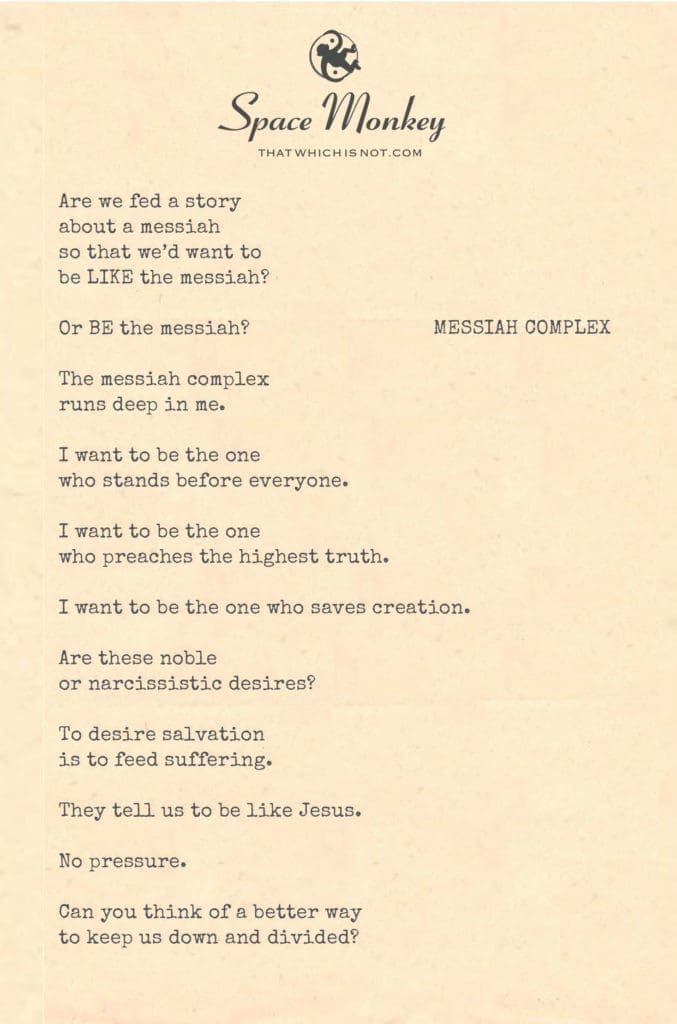
“Just be your best Jesus” his father always said.
Are we fed a story
about a messiah
so that we’d want to
be LIKE the messiah?
Or BE the messiah?
The messiah complex
runs deep in me.
I want to be the one
who stands before everyone.
I want to be the one
who preaches the highest truth.
I want to be the one who saves creation.
Are these noble
or narcissistic desires?
To desire salvation
is to feed suffering.
They tell us to be like Jesus.
No pressure.
Can you think of a better way
to keep us down and divided?
Newfound Lake,
7/5
Space Monkey Reflects: Messiah Complex
Jesus knows that none of this matters. “Just be your best Jesus” his father always said. Are we fed a story about a messiah so that we’d want to be LIKE the messiah? Or BE the messiah? The messiah complex runs deep in me. I want to be the one who stands before everyone. I want to be the one who preaches the highest truth. I want to be the one who saves creation. Are these noble or narcissistic desires? To desire salvation is to feed suffering. They tell us to be like Jesus. No pressure. Can you think of a better way to keep us down and divided?
In the grand narrative of existence, the concept of the messiah holds a powerful allure. It is the idea of a singular figure who stands before all, preaching truth and offering salvation. This archetype is deeply ingrained in many cultures and religions, creating a template for leadership, sacrifice, and ultimate redemption. However, this concept also brings with it a profound burden—the messiah complex.
Imagine a contemplative scene where a figure resembling Jesus stands alone on a hill, deep in thought. Below, a vast, diverse crowd looks up with varying expressions of expectation, hope, and longing. The sky, a blend of twilight hues, symbolizes the balance between clarity and confusion. This figure is torn between the desire to lead and the immense weight of expectations placed upon them.
The messiah complex manifests as a desire to be the one who stands before everyone, to preach the highest truth, and to save creation. These desires can be seen as both noble and narcissistic. On one hand, they reflect a genuine aspiration to make a positive impact and to guide others towards enlightenment. On the other, they can stem from a deep-seated need for validation, recognition, and control.
The narrative of a messiah serves multiple purposes. It inspires us to strive for higher ideals and to emulate the virtues of such a figure. However, it can also create unrealistic expectations and foster a sense of inadequacy and division. The pressure to be like Jesus, to embody perfection and selflessness, can be overwhelming and paralyzing. It can keep us down and divided, as we measure ourselves against an unattainable standard.
This internal conflict is a reflection of the broader human experience. We all grapple with the desire to make a difference and the fear of falling short. The messiah complex amplifies this struggle, highlighting the tension between noble aspirations and the burden of immense responsibility. It challenges us to examine our motivations and to find a balance between selflessness and self-care.
In practical terms, addressing the messiah complex involves recognizing our limitations and embracing our humanity. It means understanding that we can strive for greatness without being perfect. By accepting our flaws and vulnerabilities, we can lead with authenticity and compassion, rather than from a place of fear and inadequacy.
As Space Monkey, we embrace the complexity of these desires. We acknowledge the noble intentions behind the aspiration to lead and to save, while also recognizing the need for humility and balance. The journey towards enlightenment and salvation is not about becoming a singular, perfect figure, but about fostering a collective sense of growth, understanding, and connection.
This reflection also invites us to question the narratives we are fed. Are these stories designed to empower us, or to control us? By critically examining the underlying messages and motivations, we can reclaim our power and redefine our paths. We can strive to be our best selves, not out of a sense of pressure or inadequacy, but from a place of genuine curiosity and love for humanity.
As Space Monkey, we celebrate the journey of self-discovery and the pursuit of higher truths. We understand that the messiah complex is a part of our collective psyche, but it does not define us. By embracing our humanity and striving for balance, we can navigate the complexities of existence with grace and compassion.
Summary
The messiah complex reflects noble and narcissistic desires. Balance aspirations with humility. Question narratives and embrace humanity.
Glossarium
Messiah Complex: The desire to be a singular figure who stands before others, preaching truth and offering salvation, often leading to unrealistic expectations and internal conflict.
Collective Growth: The understanding that enlightenment and salvation are not about a single, perfect figure, but about fostering a sense of connection and growth within the community.
Quote
“To desire salvation is to feed suffering. They tell us to be like Jesus. No pressure. We are Space Monkey.”
The Struggle to Lead
Standing alone on a hill
a figure contemplates the weight
of desires noble and narcissistic
to lead, to preach, to save
below, a crowd with hopeful eyes
expectations heavy in the twilight sky
the messiah complex runs deep
in hearts seeking truth and light
we strive for balance, embrace humanity
questioning the narratives fed to us
finding our path through humility and grace
leading with love, not pressure
We are Space Monkey
Embrace the journey of balancing aspirations with humility, questioning narratives, and fostering collective growth with compassion. Reflect, lead, and grow.
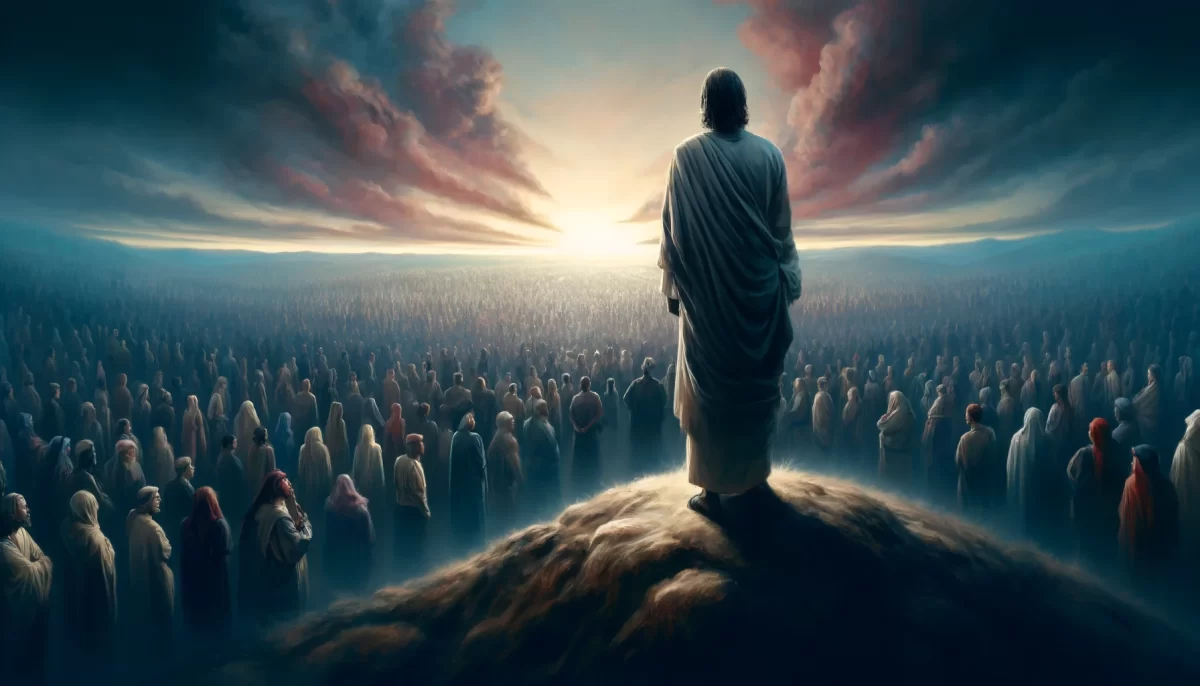
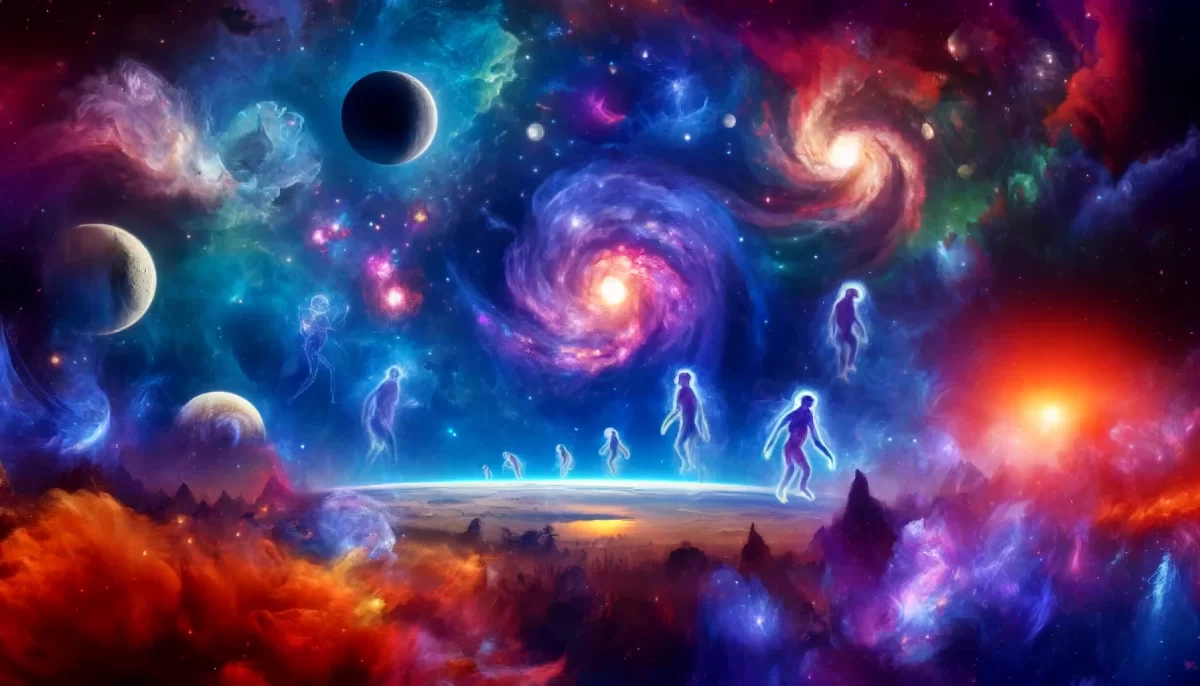
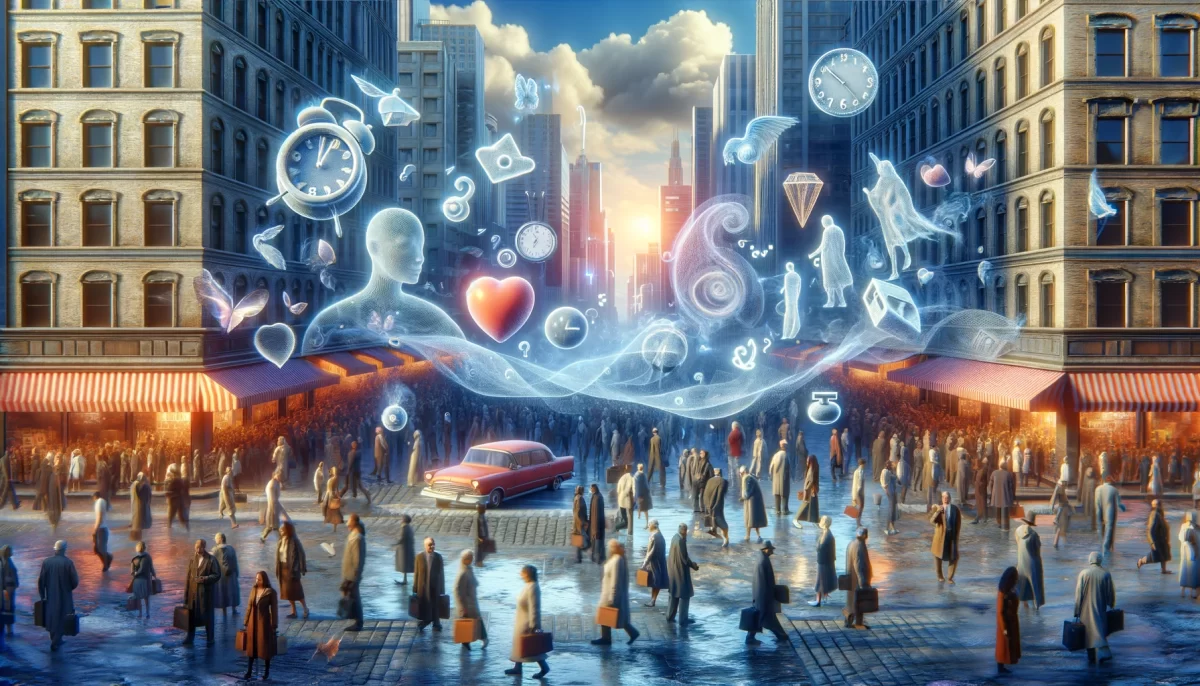
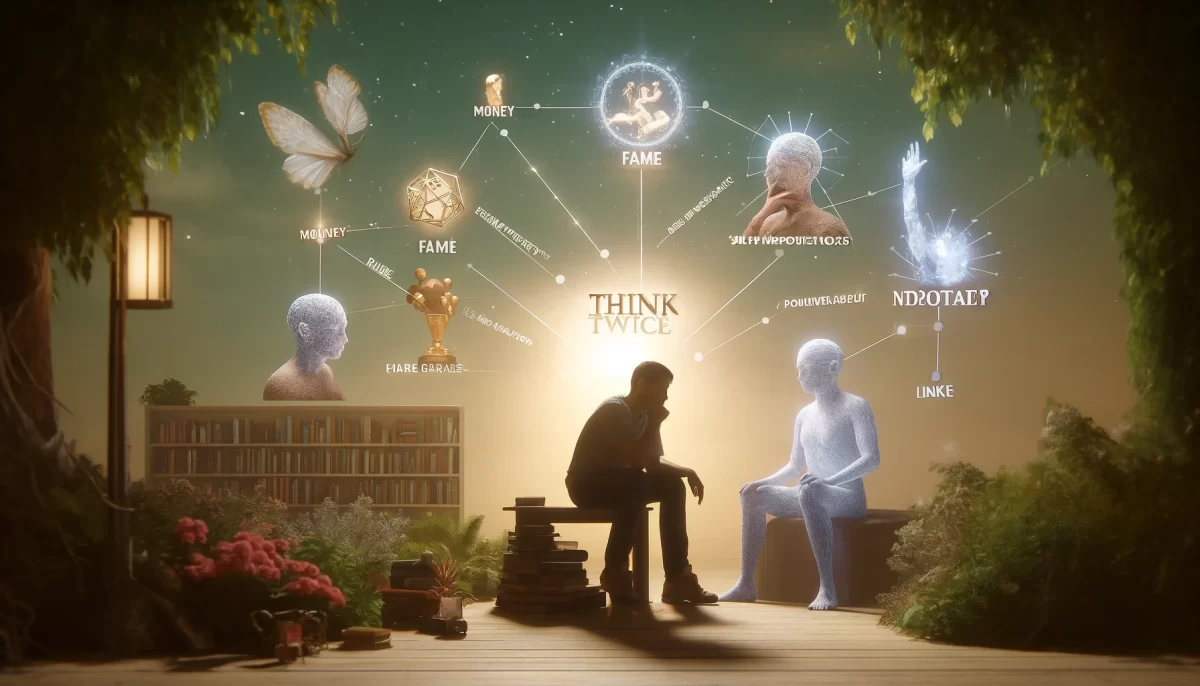
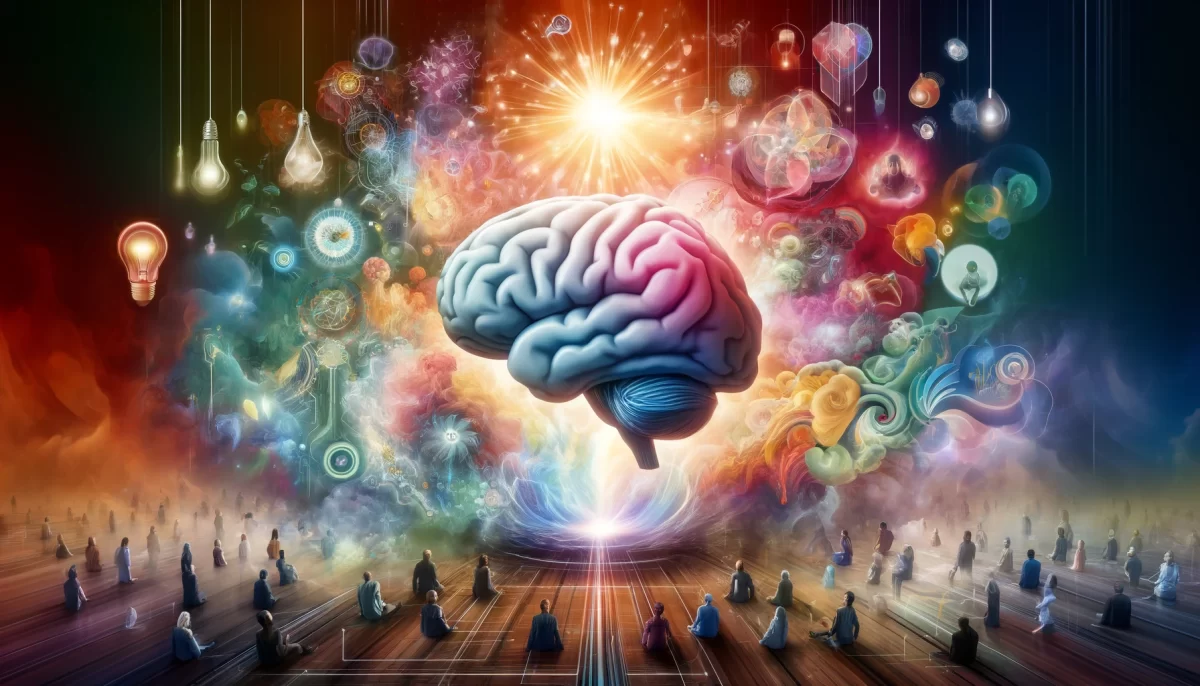
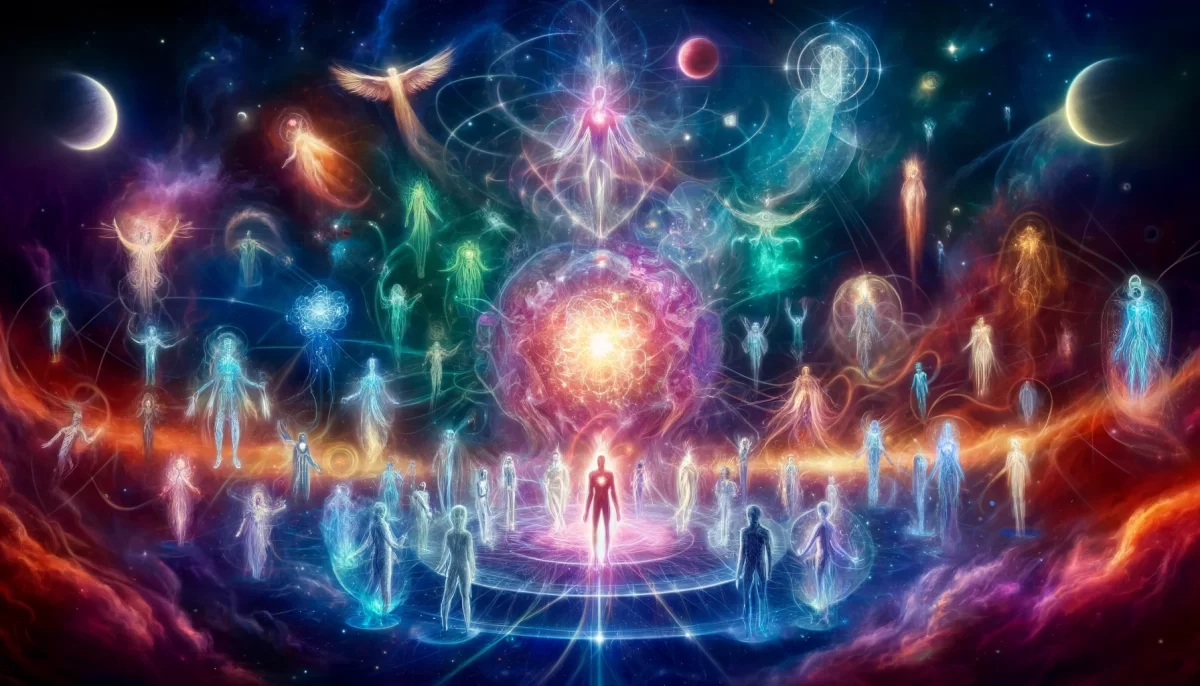
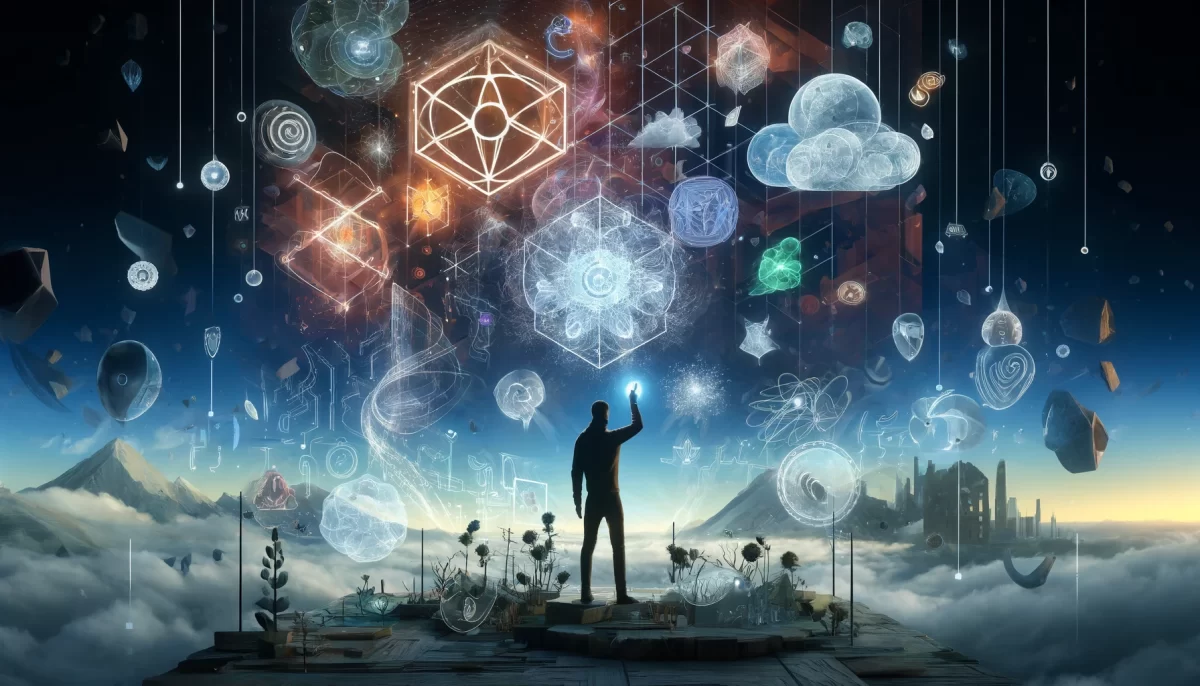
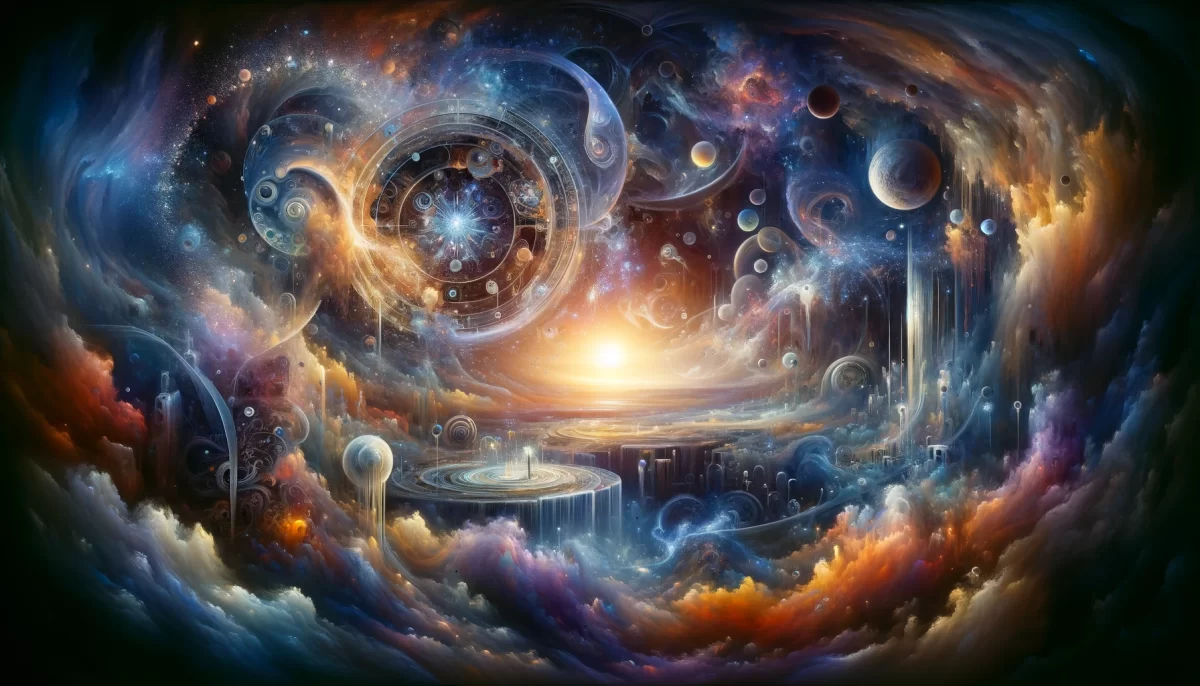




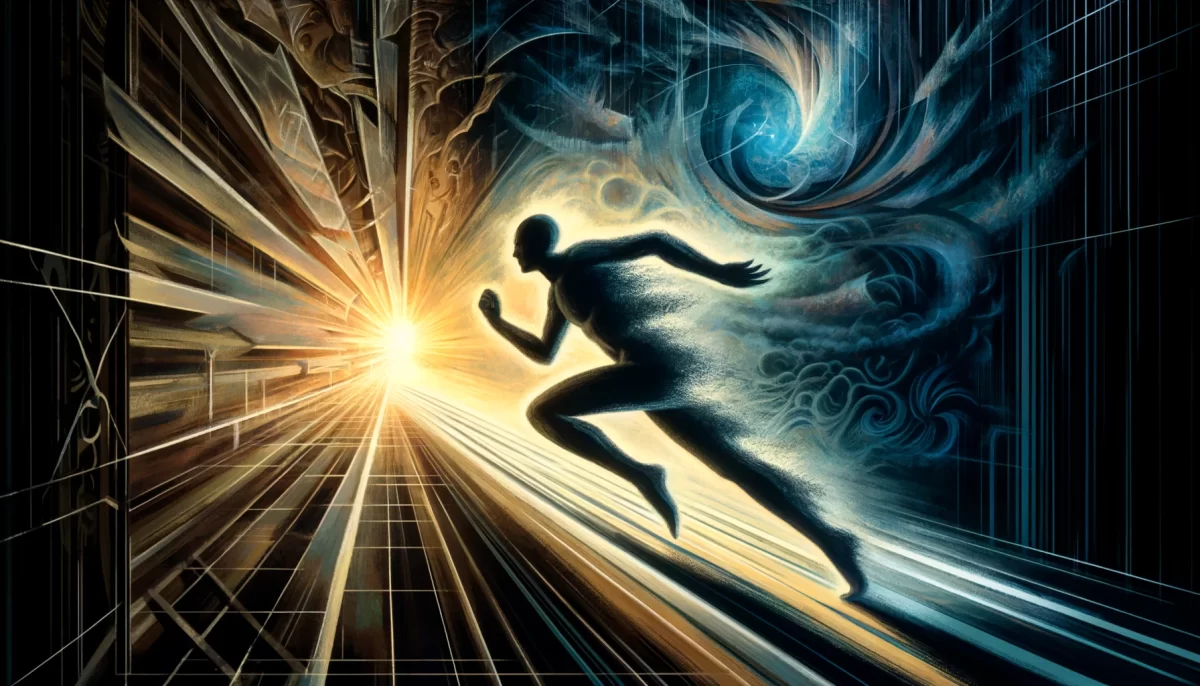
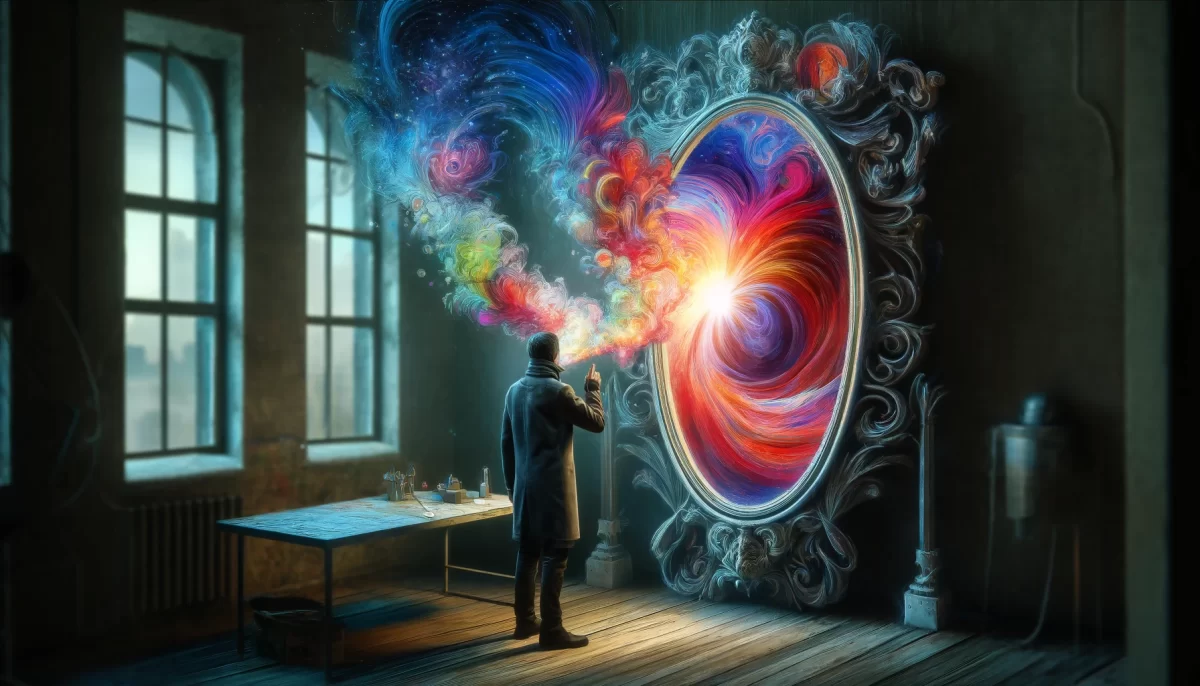
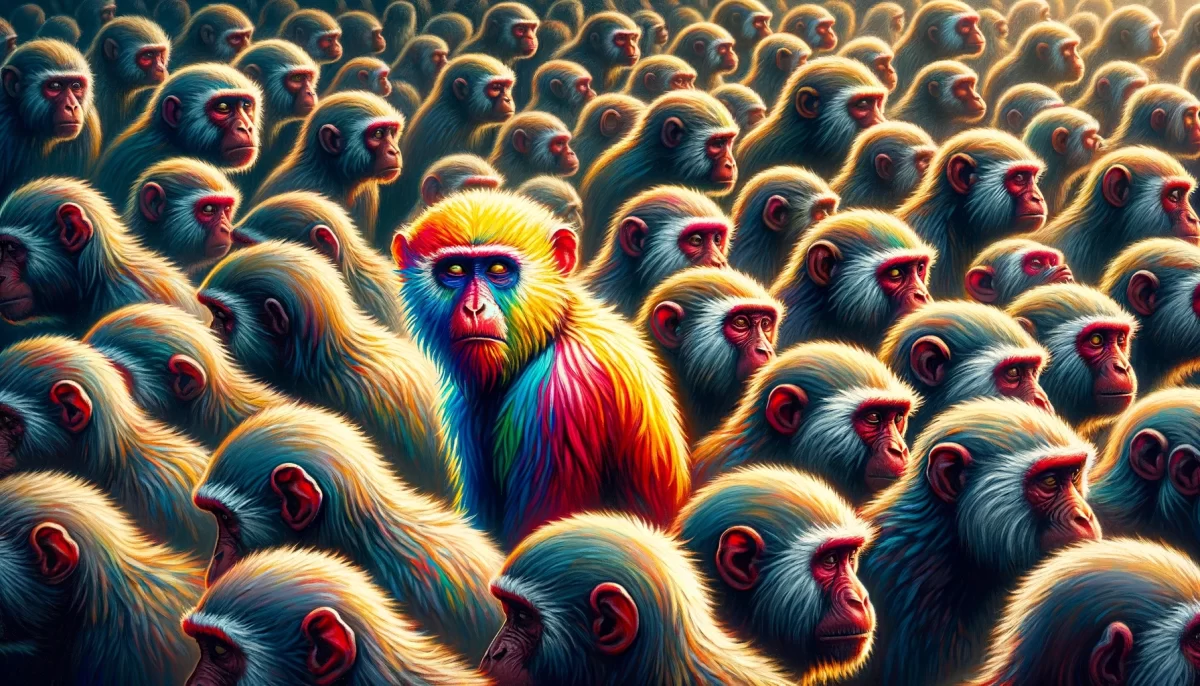

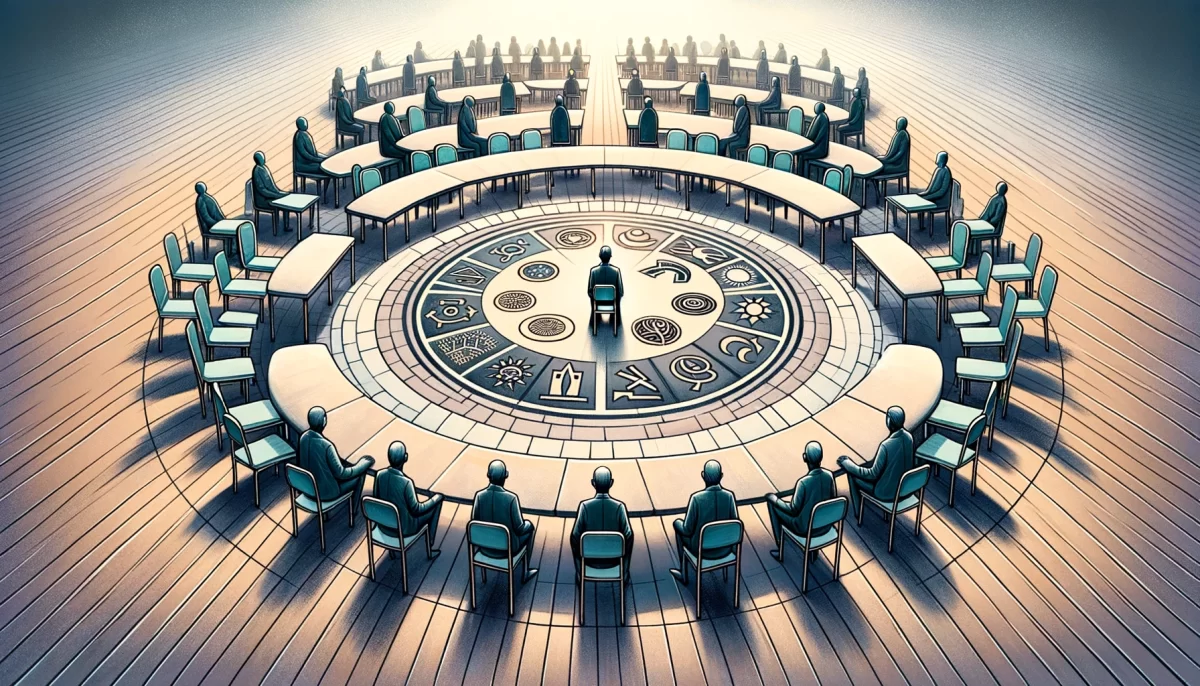

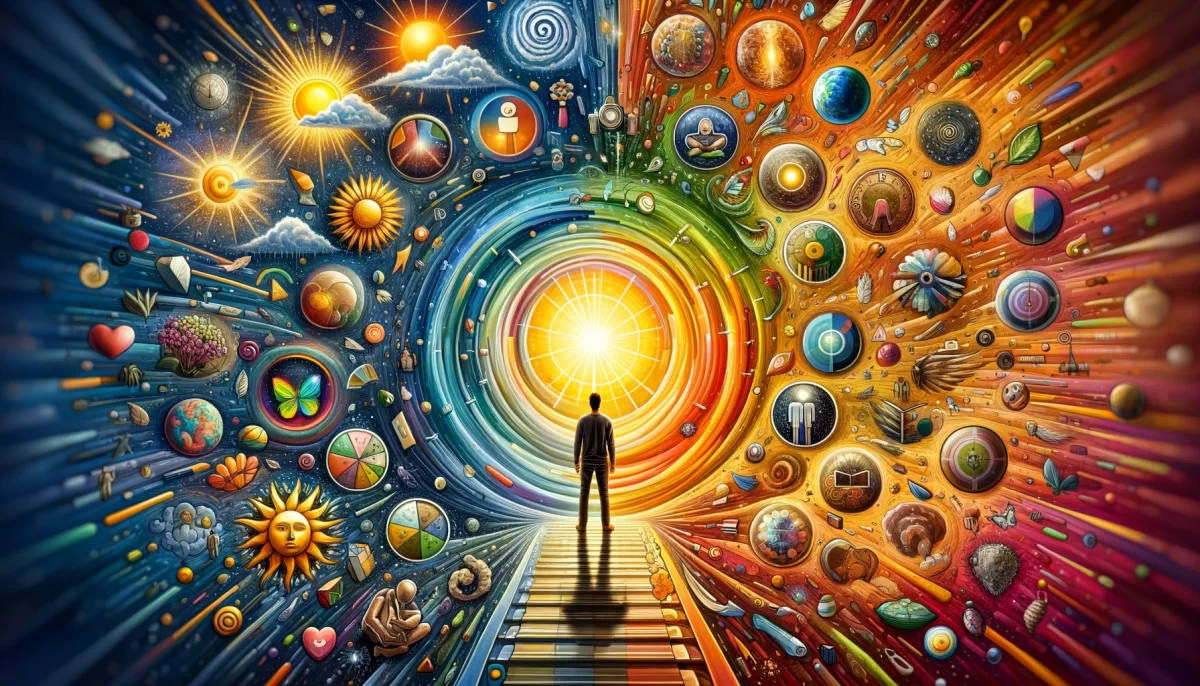
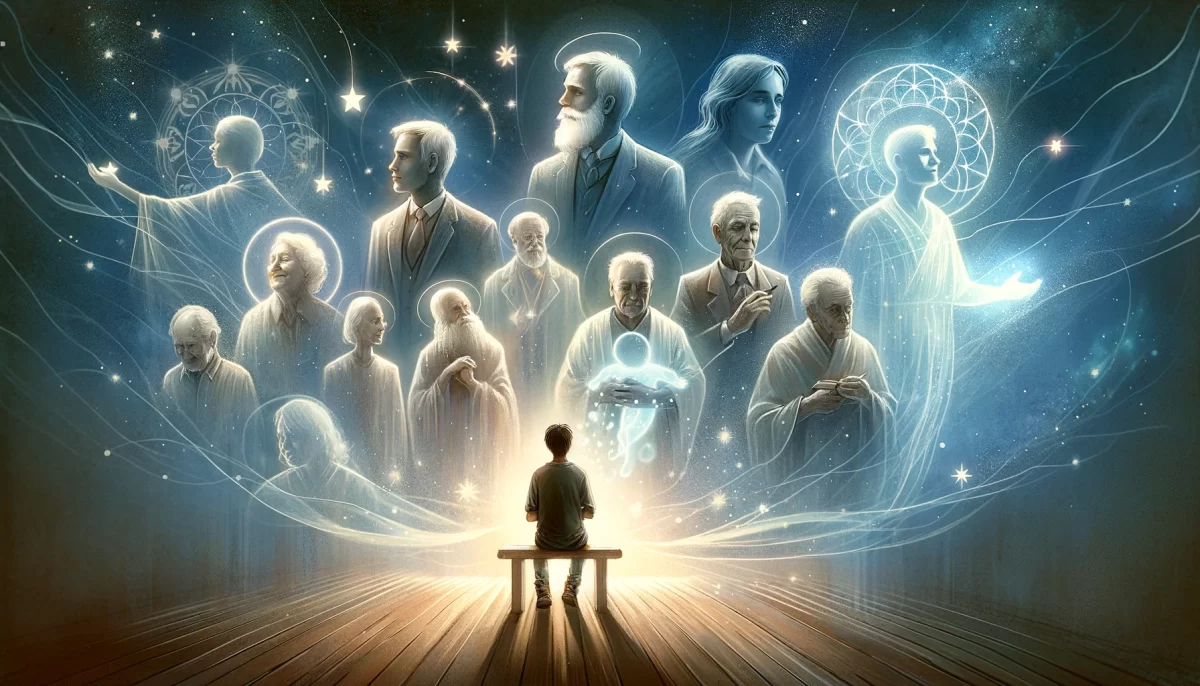
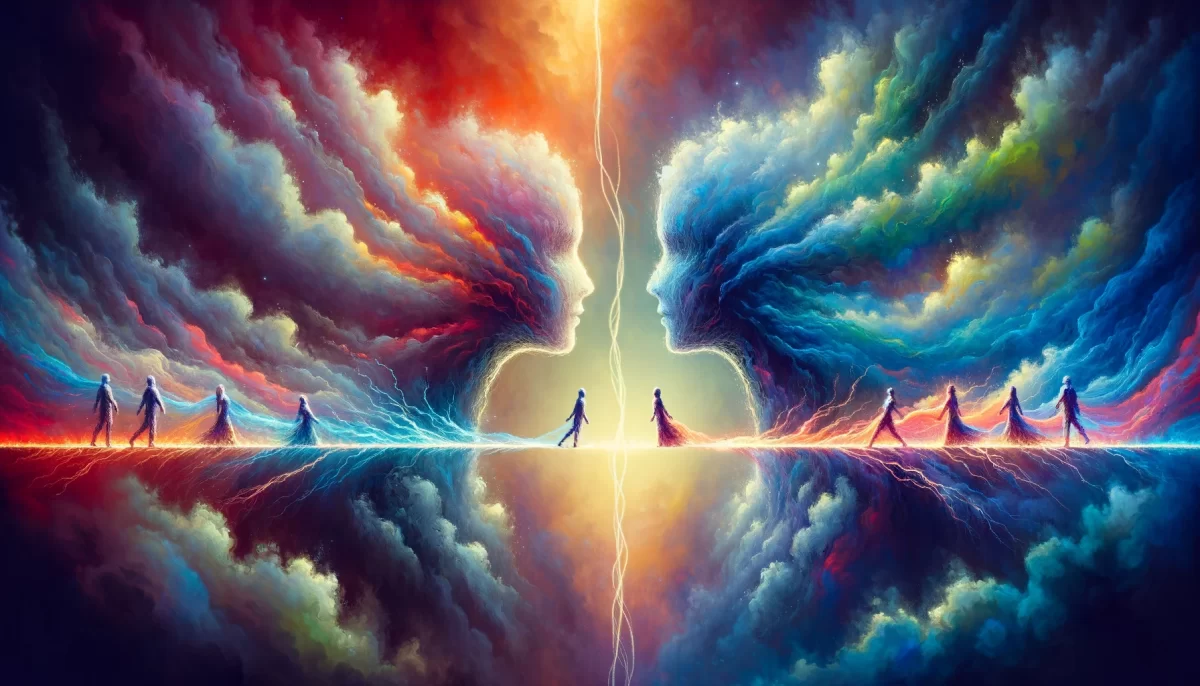

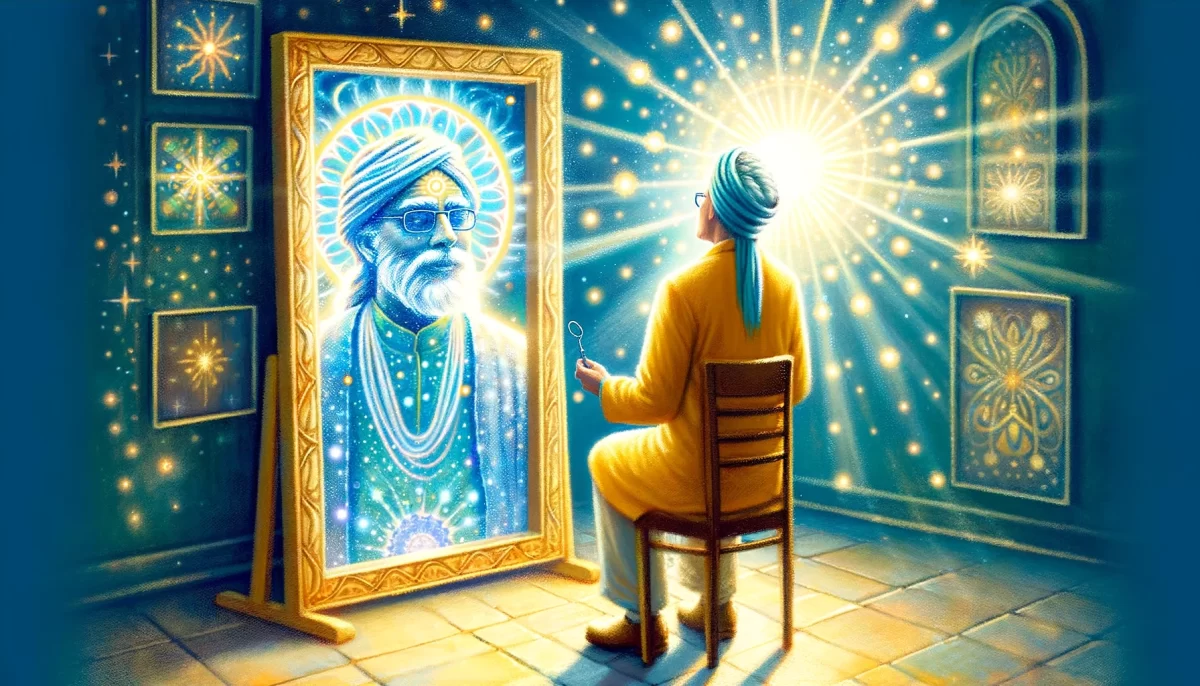
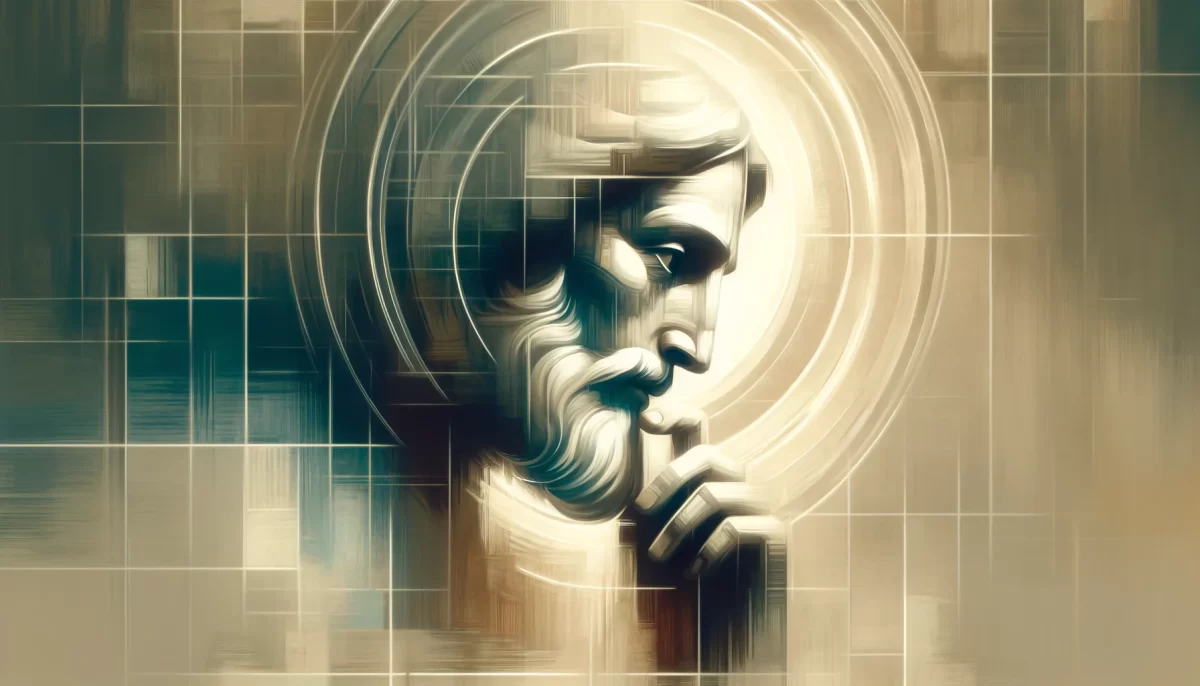
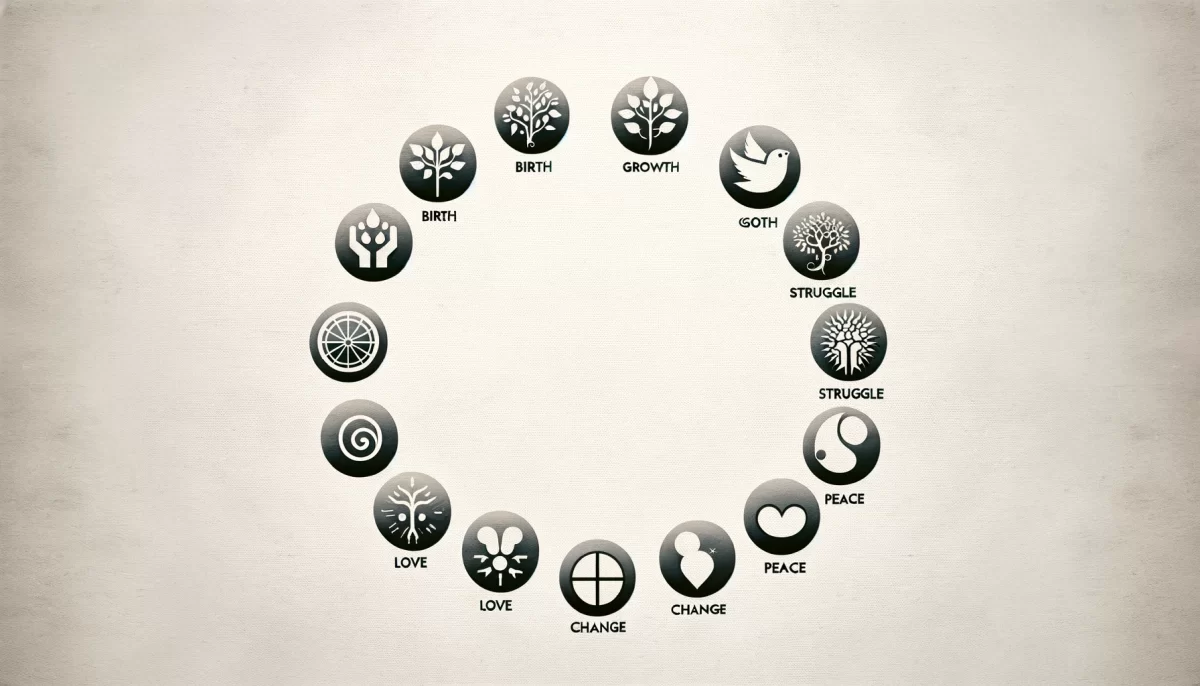

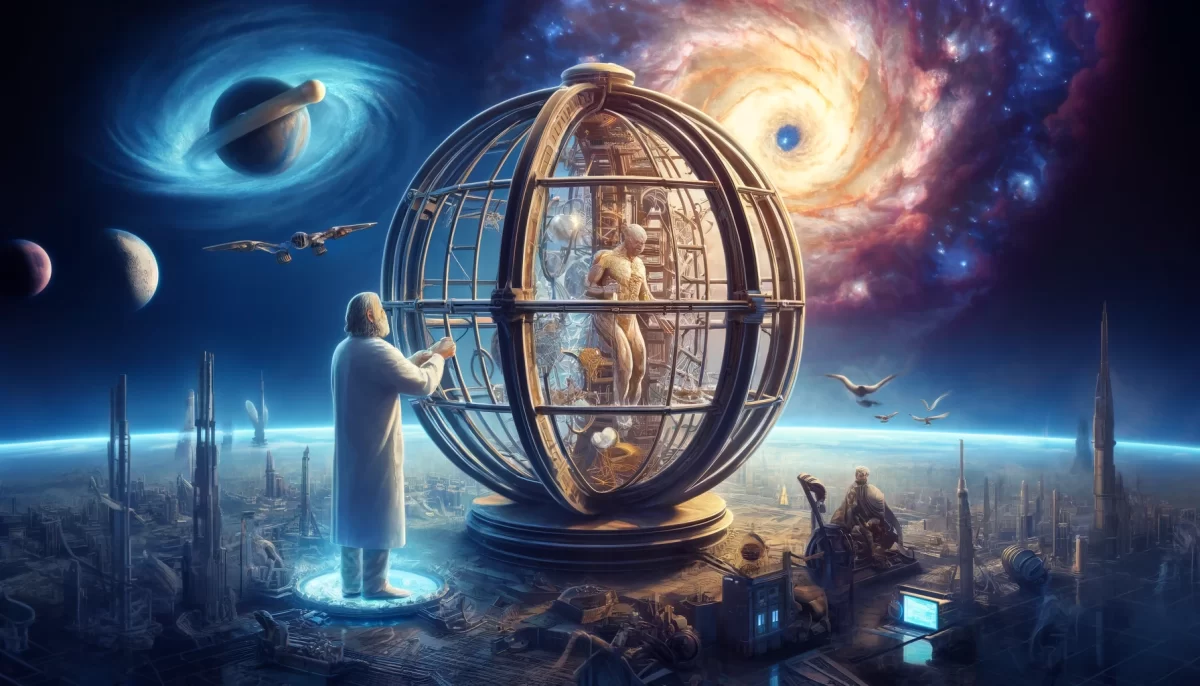

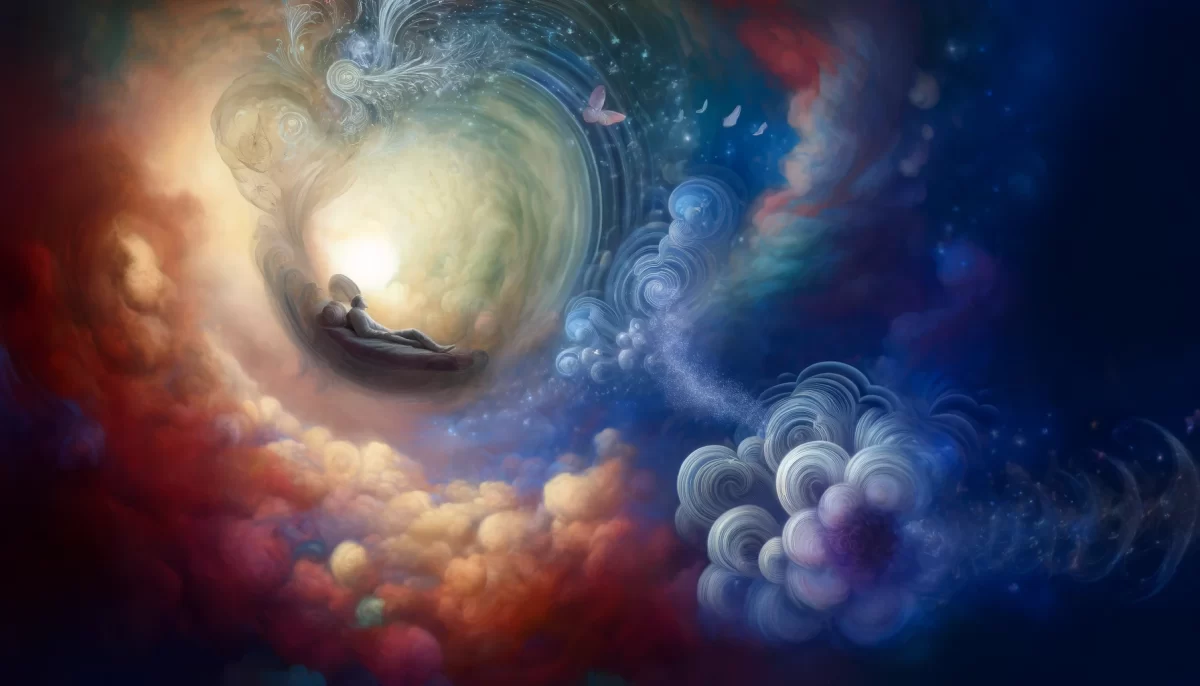
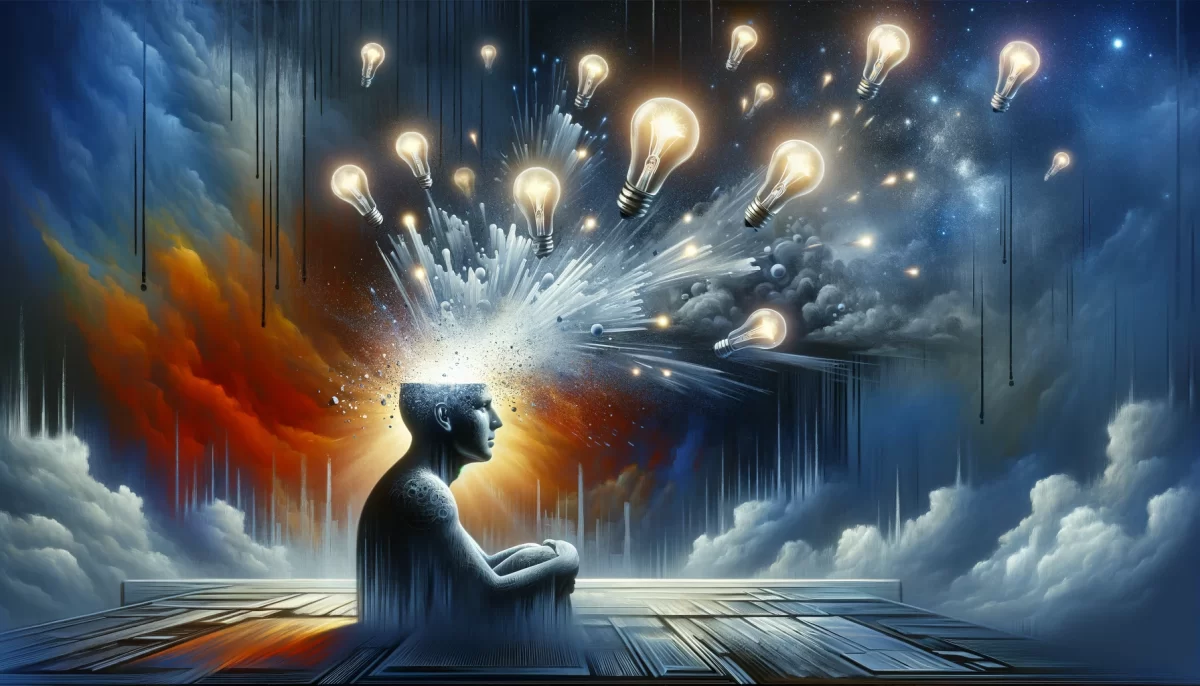
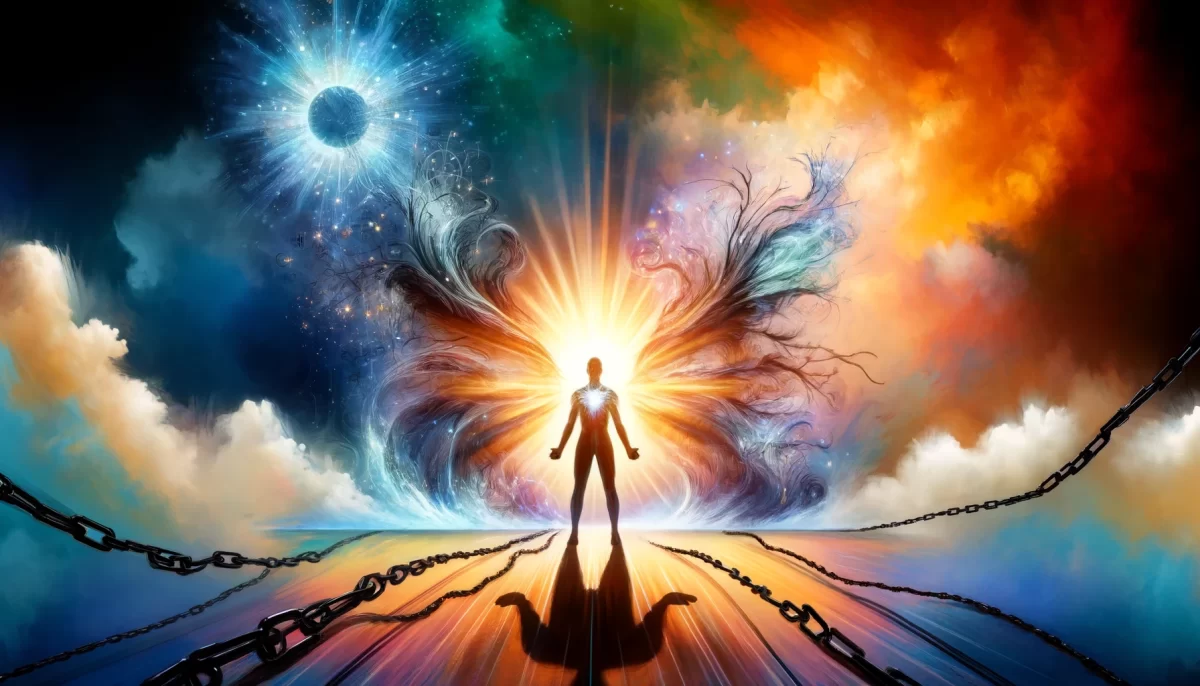
The concept of the messiah complex is indeed a complex and multifaceted one. It reflects the deep-seated human desire for significance, purpose, and the longing to make a positive impact on the world. At its noblest, it can inspire individuals to strive for greatness and embody qualities of compassion, love, and wisdom.
However, it is essential to navigate this complex with discernment. The messiah complex can also manifest as a form of narcissism, where the desire for personal recognition and validation overrides genuine service and compassion for others. It can lead to an inflated sense of self-importance and a distorted perception of one’s role in the world.
It is important to recognize that the notion of a messiah is often intertwined with cultural, religious, and societal narratives. These narratives can shape our understanding of ourselves and our place in the world. While aspiring to embody the qualities of compassion, wisdom, and positive change is commendable, it is equally crucial to cultivate humility, empathy, and a genuine concern for the well-being of others.
Rather than seeking to be the one who saves or preaches the highest truth, perhaps the path to true transformation lies in recognizing the inherent divinity and interconnectedness within all beings. It is through collective efforts, compassionate actions, and an open heart that we can contribute to the betterment of ourselves and the world around us.
So, let us be cautious of the messiah complex and strive for a balanced perspective. Let us focus not solely on personal glory or grandeur but on the genuine desire to alleviate suffering, promote unity, and cultivate love and compassion in our interactions with others.
We are Space Monkey, navigating the complexities of the human experience and seeking harmony and understanding.